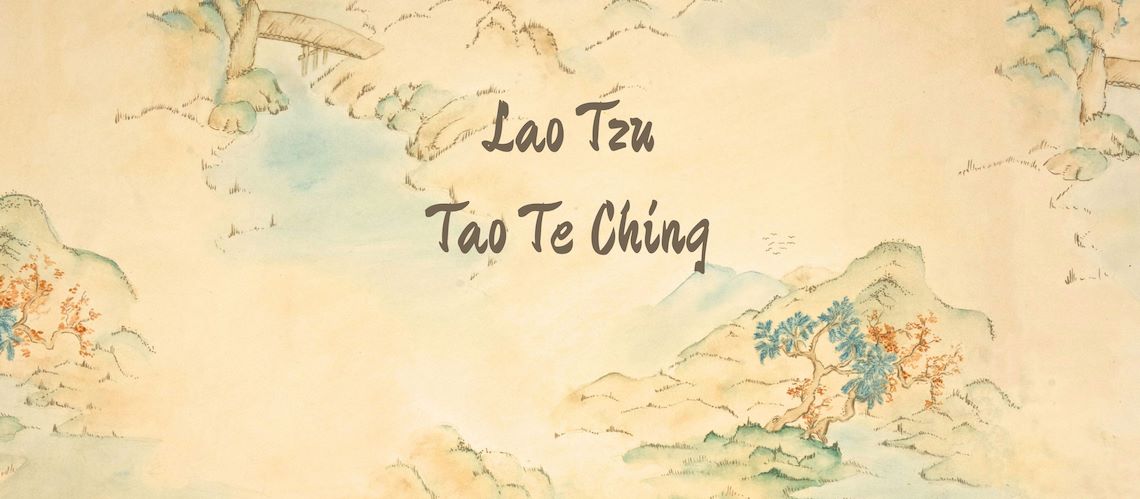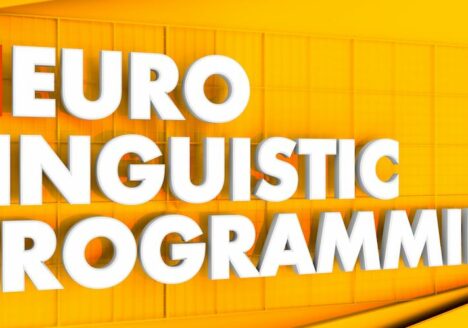The CORE Compass Framework is a holistic approach to personal development and well-being, integrating four key dimensions: Curiosity and Cognitive Growth, Operational and Physical Vitality, Resilience and Emotional Equilibrium, and Essence and Spiritual Fulfillment. Lao Tzu’s “Tao Te Ching” provides timeless wisdom that aligns seamlessly with these dimensions, offering profound insights into achieving balance, harmony, and fulfillment. This article explores how the principles of the “Tao Te Ching” can be applied within the CORE Compass Framework to foster growth and enlightenment.
Essence and Spiritual Fulfillment
Tao (The Way)
The central concept of the “Tao Te Ching,” the Tao, represents the ultimate reality and natural order of the universe. It is an ever-present force that guides all existence. Embracing the Tao within the CORE Compass’s Essence and Spiritual Fulfillment dimension involves aligning one’s actions and beliefs with this natural order, fostering a deep sense of spiritual connectedness and inner peace.
Application:
- Spiritual Practice: Incorporating meditation and mindfulness practices to connect with the Tao and recognize the unity of all existence.
- Faith Development: Developing a belief system that honors the principles of the Tao, such as humility, simplicity, and harmony.
Wu Wei (Non-Action)
Wu wei, or effortless action, is the principle of aligning one’s actions with the natural flow of the Tao without forceful effort. This concept encourages living in a way that is spontaneous and harmonious, avoiding unnecessary struggle and conflict.
Application:
- Ethical Decision-Making: Making decisions that align with the natural order and avoiding actions driven by ego or force.
- Lifestyle Balance: Embracing a lifestyle that prioritizes balance, reducing stress, and fostering a sense of ease and flow.
Simplicity and Contentment
Lao Tzu teaches that true contentment comes from simplicity and letting go of excessive desires. By focusing on what is essential and embracing a minimalist lifestyle, individuals can achieve inner peace and fulfillment.
Application:
- Mindful Living: Practicing mindfulness to appreciate the present moment and reduce the pursuit of material possessions.
- Contentment Practices: Engaging in activities that promote simplicity, such as decluttering, simplifying routines, and focusing on meaningful experiences.
Curiosity and Cognitive Growth
Embracing Paradoxes
The “Tao Te Ching” often presents paradoxical ideas, encouraging a deeper understanding beyond the conscious mind. Embracing these paradoxes fosters cognitive flexibility, open-mindedness, and intellectual growth.
Application:
- Intellectual Exploration: Engaging in continuous learning and exploring new perspectives to expand knowledge and understanding.
- Reflective Practices: Utilizing reflective practices such as journaling and meditation to explore and embrace the paradoxes in life.
Operational and Physical Vitality
Harmony with Nature
The “Tao Te Ching” supports practices that align physical health with the rhythms of nature. This includes balanced nutrition, natural therapies, and a lifestyle that respects the body’s needs and the environment.
Application:
- Natural Diet: Adopting a diet that emphasizes natural, whole foods and aligns with the seasons.
- Environmental Harmony: Practicing sustainable living to support personal health and the health of the planet.
Resilience and Emotional Equilibrium
Serenity and Equanimity
Lao Tzu’s teachings on maintaining calmness and equanimity in the face of challenges contribute to emotional intelligence. These principles help individuals manage stress and emotions effectively, promoting psychological resilience.
Application:
- Emotional Regulation: Practicing techniques for emotional regulation, such as deep breathing, meditation, and reflective journaling.
- Empathy Development: Enhancing empathy by understanding and embracing the emotions of others.
Letting Go
The principle of letting go of desires and attachments can significantly enhance mental health. By reducing stress and anxiety, individuals can cultivate a more peaceful and balanced mind.
Application:
- Stress Management: Implementing stress management techniques that emphasize letting go and finding peace in the present moment.
- Mindful Detachment: Practicing mindful detachment to release negative thoughts and emotions.
Practical Applications in Modern Life
- Spiritual Practices: Incorporating Taoist principles into daily spiritual practices can lead to deeper faith and inner peace. Activities such as meditation, mindfulness, and nature walks can help individuals connect with the Tao and experience a sense of unity with the universe.
- Ethical Living: Applying the concept of wu wei to decision-making can lead to more ethical and harmonious actions. By aligning actions with the natural flow of life, individuals can make choices that reflect their true values and avoid unnecessary conflict.
- Holistic Health: Embracing the mind-body connection and living in harmony with nature promotes overall well-being. Practices such as yoga, Tai Chi, and balanced nutrition support physical health and enhance the body’s natural healing processes.
- Emotional Balance: Practicing serenity and letting go supports emotional intelligence and mental health. Techniques such as mindfulness, deep breathing, and reflective journaling help individuals manage stress and maintain emotional equilibrium.
Conclusion
Lao Tzu’s “Tao Te Ching” offers timeless wisdom that aligns with the CORE Compass Framework. By integrating its principles into the four key dimensions of Curiosity and Cognitive Growth, Operational and Physical Vitality, Resilience and Emotional Equilibrium, and Essence and Spiritual Fulfillment, individuals can achieve greater harmony, balance, and fulfillment. The teachings of the “Tao Te Ching” guide us towards a more connected, peaceful, and enlightened existence, enhancing our journey towards holistic well-being and personal growth.
References
- Lao Tzu. (2013). Tao Te Ching. Translated by Stephen Mitchell. Harper Perennial Modern Classics.
- Ames, R. T., & Hall, D. L. (2003). Dao De Jing: A Philosophical Translation. Ballantine Books.
- Addiss, S., & Lombardo, S. (1993). Tao Te Ching. Hackett Publishing Company.
- Chan, W. (1963). The Way of Lao Tzu (Tao-te ching). Bobbs-Merrill.
- Kohn, L. (2008). Lao-tzu and the Tao-te-ching. State University of New York Press.




